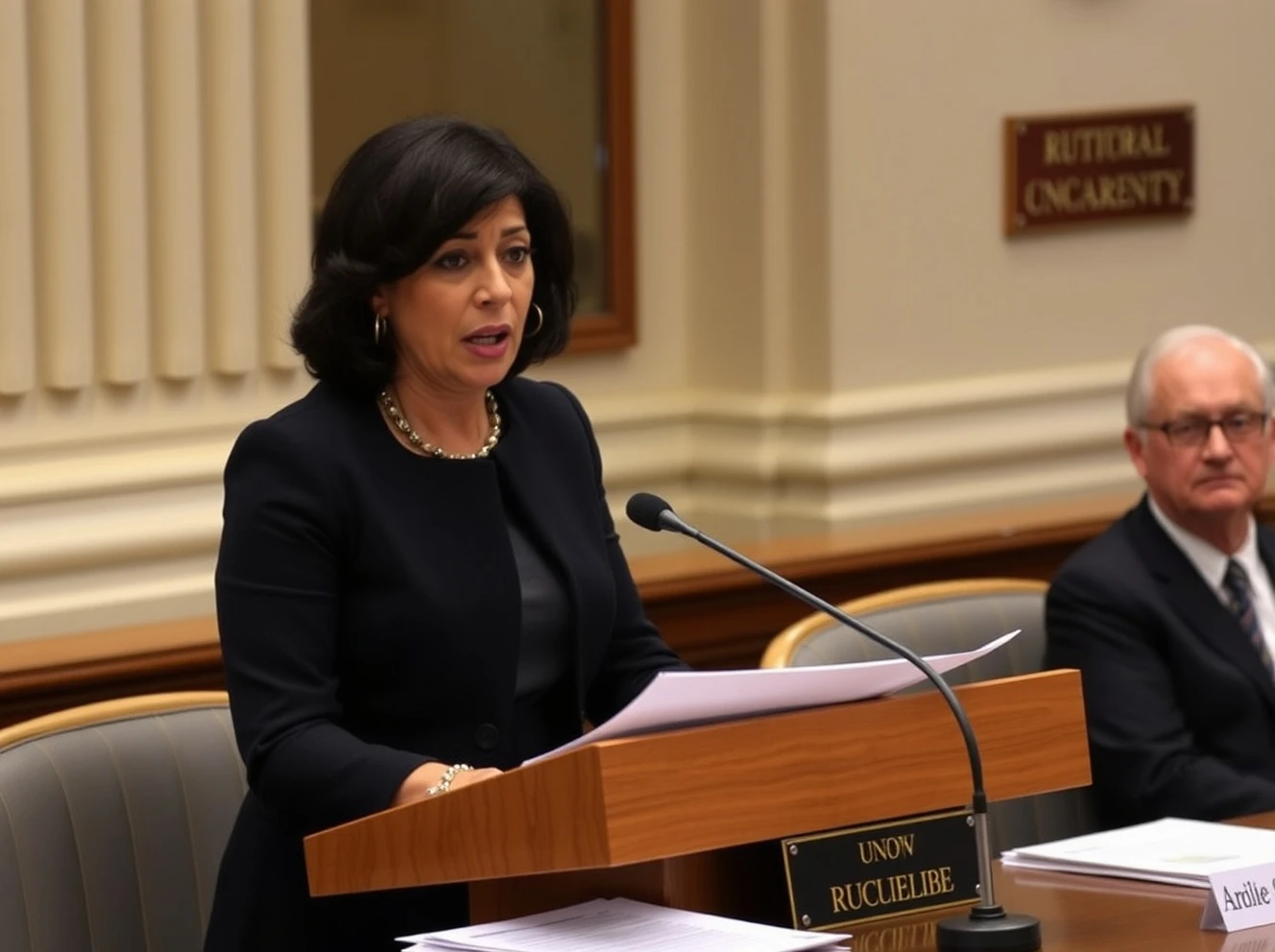Chancellor Rachel Reeves has launched a dramatic crackdown on Treasury emergency funds, imposing strict new restrictions just weeks before her crucial November Budget. This decisive move signals a major shift in government spending discipline that will impact departments across Whitehall.
Treasury Emergency Funds Face Sharp Reduction
Reeves has formally warned ministers that access to Treasury emergency funds will be severely limited. Departments must now maximize internal savings before requesting reserve access. Furthermore, any borrowing from the reserve requires full repayment. The Treasury Reserve, which totaled £9 billion last year, faces a 50% reduction in 2025.
Budget Preparation Intensifies
With less than 11 weeks until the November 26 Budget, Reeves faces significant fiscal challenges. Economists estimate she must address a £25-50 billion gap to meet borrowing rules. These rules mandate that day-to-day government costs be funded through tax revenue rather than borrowing by 2029-30.
Market Stability Concerns
Reeves referenced recent bond market instability during Tuesday’s cabinet meeting. She emphasized that stability remains crucial for growth in volatile global conditions. The Chancellor specifically stated she prefers spending on public services rather than debt repayment from previous governments.
Business Community Reacts
Business leaders express concern about potential tax increases. CBI director-general Rain Newton-Smith advocates for tax reform rather than additional rises. Companies already face higher costs from recent National Insurance and living wage increases. Newton-Smith urges long-term strategic tax reforms instead of outdated manifesto commitments.
Spending Review Implications
The Institute for Fiscal Studies warns that reducing the Reserve from its typical £14 billion annual level leaves minimal space for unforeseen pressures. This tightening occurs as the government prepares Budget plans covering NHS, schools, defense, and infrastructure spending.
Frequently Asked Questions
What are Treasury emergency funds?
Treasury emergency funds constitute a reserve pot for genuinely unforeseen, unaffordable, and unavoidable pressures within government departments.
How much is the Treasury Reserve being reduced?
The Reserve is being halved from £9 billion last year to approximately £4.5 billion in 2025.
When will the new Budget be announced?
Chancellor Reeves will deliver her first Budget on November 26, 2025.
What borrowing rules must the government meet?
The government aims to fund day-to-day costs through tax income rather than borrowing by 2029-30.
How have businesses responded to these changes?
Business leaders express concern about potential tax increases and advocate for comprehensive tax reform instead.
What departments will the Budget cover?
The November Budget will address spending plans for NHS, schools, defense, and infrastructure projects.








